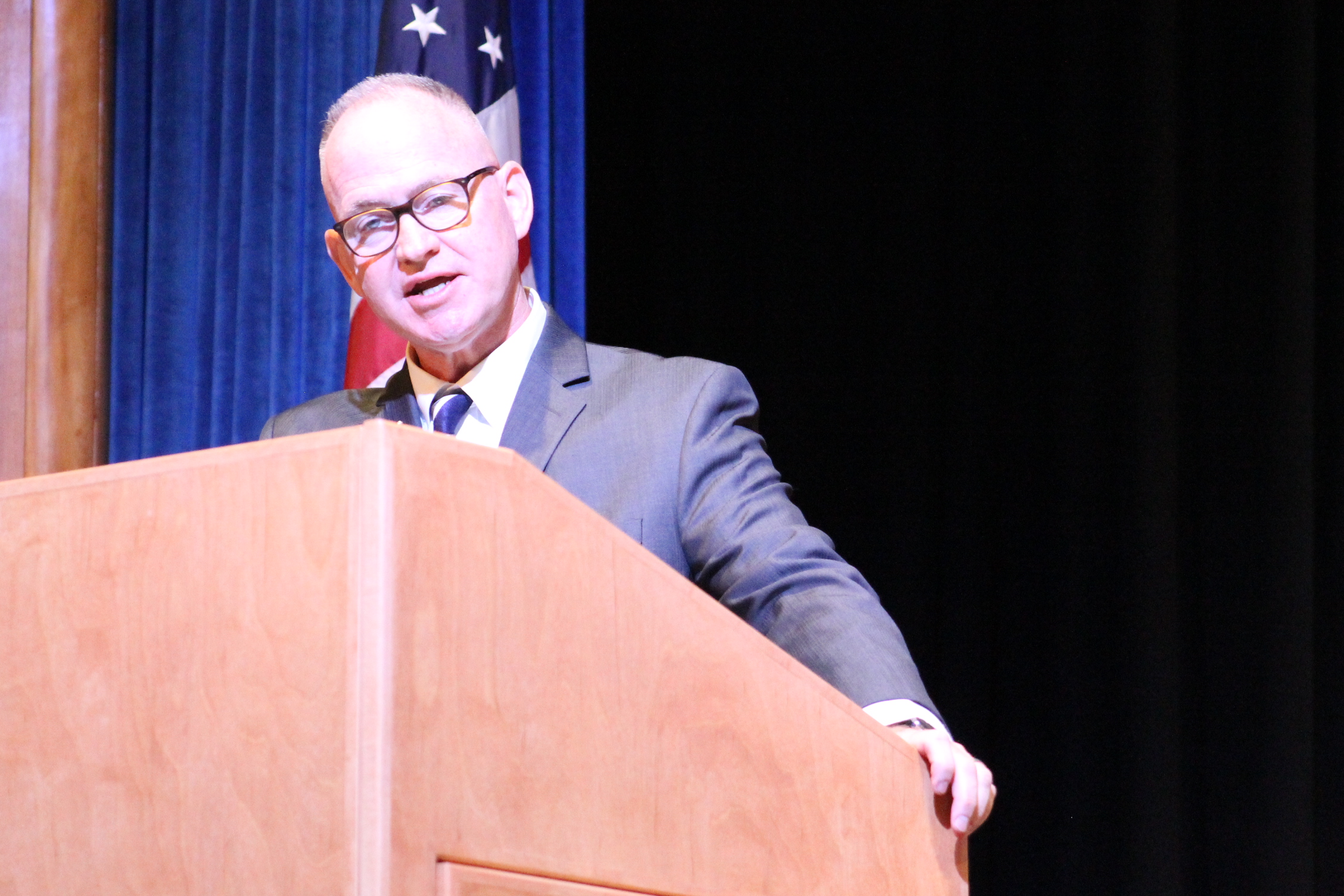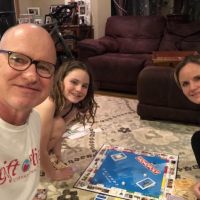I have been following with great interest a recent series of blog posts by Grant Wiggins about the nature of reading. Wiggins explores the essential question: What exactly is going on in our minds when we read? It’s mysterious really, a “black box” according to Wiggins. In the first post entitled, “Maybe we don’t understand what readers really do – and why it matters” we are asked to perform an exercise in which we read a short text from the very first pages of the Introduction to Kant’s Critique of Pure Reason about the nature of understanding, perception and reality. It’s a dense passage filled with deep philosophical ideas and serpentine sentences that are arduous to unravel and decode. This is a powerful exercise; I recommend it to anyone involved with the teaching of reading, which, frankly, means EVERY teacher of every subject.
filled with deep philosophical ideas and serpentine sentences that are arduous to unravel and decode. This is a powerful exercise; I recommend it to anyone involved with the teaching of reading, which, frankly, means EVERY teacher of every subject.
Despite having earned several post graduate degrees I was quite challenged by this passage. The purpose of the exercise was to simulate for adults, intelligent adults, the difficulties faced by students when they are asked to read complex texts. Well, Grant, it worked! If a passage like this was demanding for me, then I can only imagine what it must be like for a struggling 11 year old to get through his science or social studies textbook.
There is much in our lives that we take for granted… our health, love, the weather, macaroni and cheese… these are remarkable things that should NOT be taken for granted. Reading is another of these things. According to a recent article in the New York Times, the ability to read only emerged in the past 6000 years of human development. Think about it. We sit down with a book, a newspaper or a love letter in our hands – our eyes scan little black squiggles on a white page and our minds are filled with exciting ideas, emotions, images of places we’ve never been, interesting characters… all of which transform our views of ourselves and of the world. It’s magical.
Reading can also be a powerful shared experience. My wife and I frequently read the same books (digital texts make it easy to simultaneously share texts). Talking about the books we read is a special part of our relationship. I am also in a several Voxer book clubs in which I am able to unpack the ideas found in professional works with colleagues. I have learned about digital leadership, the growth mindset, differen tiation and response to intervention in this way. Reading helps me to grow personally and professionally.
tiation and response to intervention in this way. Reading helps me to grow personally and professionally.
Our school recently hosted our fifth annual community book talk focused on the book, Fish in a Tree by Laura Mullally Hunt. Middle school students and their parents together read the same book and came together to discuss the potent ideas and themes they encountered while reading. This is a book about a young girl who cannot read (I’m not really giving away the plot, it says it on the book jacket). It’s a terrific book and I am going to join the ranks of… well … everyone… who highly recommend it to anyone who loves reading, and kids, and teachers, and learning… it’s an awesome book.
 In the book talk we discussed weighty themes: How do we deal with our own and others’ weaknesses? What makes a great teacher? What does it mean to be a friend? What does it mean to show grit? People don’t just sit down to talk about these things without some kind of lever. Mullaly’s book became the centerpiece that drove the discussion. Reading brings people together and helps us learn about ourselves and the world.
In the book talk we discussed weighty themes: How do we deal with our own and others’ weaknesses? What makes a great teacher? What does it mean to be a friend? What does it mean to show grit? People don’t just sit down to talk about these things without some kind of lever. Mullaly’s book became the centerpiece that drove the discussion. Reading brings people together and helps us learn about ourselves and the world.
 Mark Twain said, “The man who doesn’t read is no better than the man who cannot read.” There’s a scene early in the text in which the main character, Ally, mistakenly buys a sympathy card for her pregnant teacher. She couldn’t read the text inside, but she thought the flowers on the front of the card were pretty, “Reading for me is like trying to make sense of a can of alphabet soup that’s been dumped on a plate. I just don’t know how other people do it.” This observation should resonate with anyone who has ever tried to help somebody learn to read or to improve as a reader. Despite its magic, reading can be difficult! This is something that good teachers never forget. Reading is a most singular human ability and it is not to be taken for granted. As teachers, it is our responsibility to excite in our students the love of reading and, at the same time, be sensitive to their struggles as they develop these skills.
Mark Twain said, “The man who doesn’t read is no better than the man who cannot read.” There’s a scene early in the text in which the main character, Ally, mistakenly buys a sympathy card for her pregnant teacher. She couldn’t read the text inside, but she thought the flowers on the front of the card were pretty, “Reading for me is like trying to make sense of a can of alphabet soup that’s been dumped on a plate. I just don’t know how other people do it.” This observation should resonate with anyone who has ever tried to help somebody learn to read or to improve as a reader. Despite its magic, reading can be difficult! This is something that good teachers never forget. Reading is a most singular human ability and it is not to be taken for granted. As teachers, it is our responsibility to excite in our students the love of reading and, at the same time, be sensitive to their struggles as they develop these skills.




AMAZING!!!!!!! ❤️😀💜💜
Sent from my iPhone
A very reflective post, Don. Making reading a shared experience in the classroom creates an atmosphere of excitement for reading and gets students engaged in the reading process. When students share and bless the books they read, their peers are more willing to read the same, their shared reading world expands and I find them engaged in book conversations generated by themselves. Every teachers dream! Thanks for your blog post. 😊
Thanks for the feedback Lynn!!!
Donald–Thanks for the insight on the importance of reading. I read books simultaneously with my own child and it’s great conversations in our house! Also, I love the idea of creating a Voxer group to have educators share with their professional readings. How did you ever start a group or find one to join. I would love to join a group like this over the summer.
-Brian Cook
Thanks Brian! I put it out on Twitter and to some of the admins in my district. Voxer is great medium for booktalks.
Hey Brian — sorry — approved but didn’t respond — I picked up on the groups thru Twitter…
Hope you’re having a great summer!